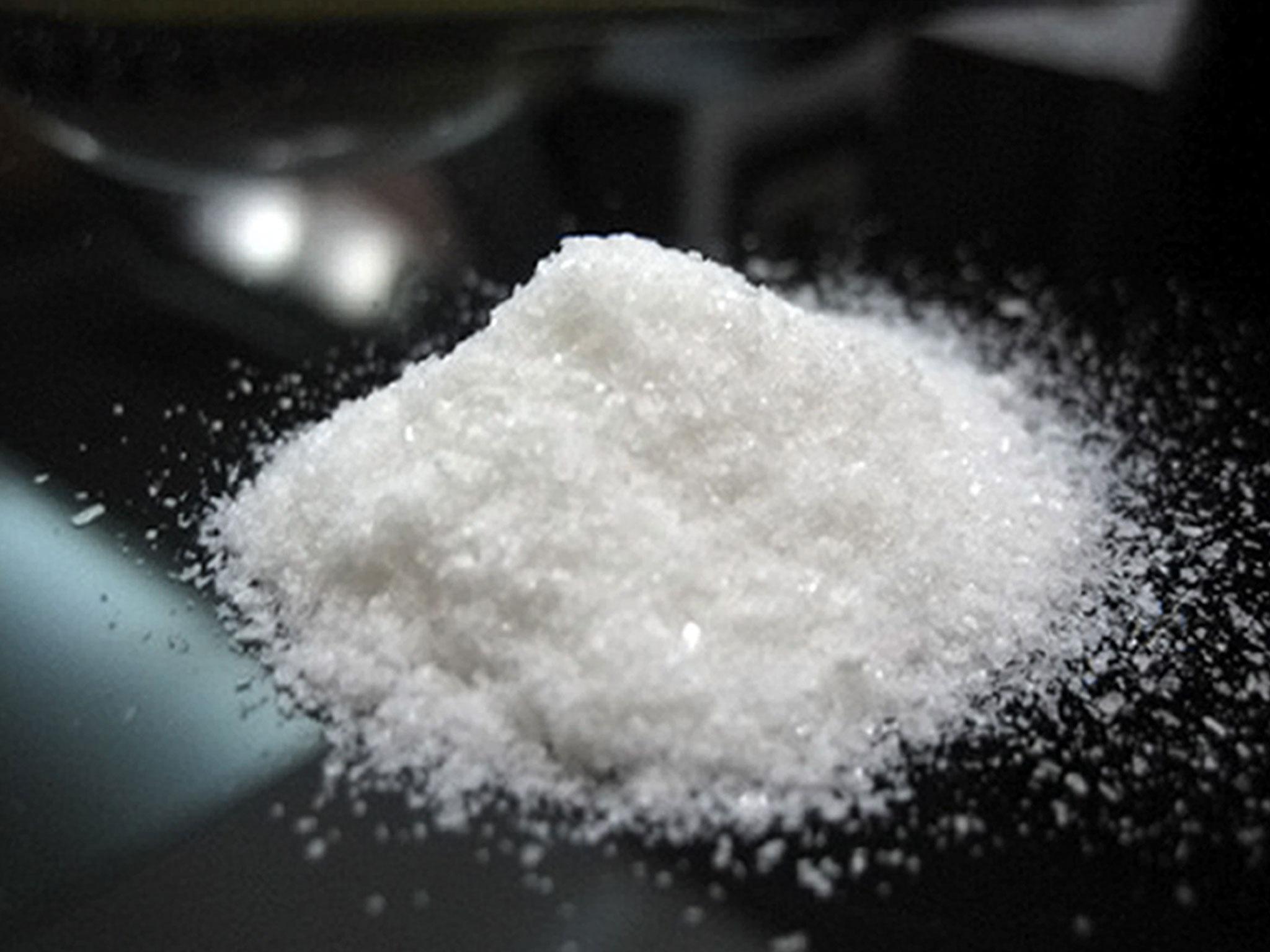Rejecting the EU plan to regulate legal highs is yet another lost battle in the UK's war on drugs
This proposal would have reduced the income of dealers, and the danger to users

Earlier this week, the Home Office minister – Norman Baker – announced that the government would be opting out of the regulation and directive targeting ‘legal high’ drugs proposed by the European Commission (EC). Anti-EU sentiment is undoubtedly on the rise in Parliament, so it is no surprise that the government opposes a change that may reduce its authority over national drug laws. However, the implementation of this legislation could have reduced the income of illegal dealers, while simultaneously decreasing the health risks posed to consumers.
Legal highs – synthetic narcotics that are so new that legislation hasn’t banned them yet – would be treated significantly differently if the EC’s proposals had been endorsed. The advised method would allow a multi-tiered system for new drugs – where the most dangerous substances would be banned outright, substances posing a ‘moderate’ risk would be restricted for medical research, and those of a ‘low’ risk could avoid a ban altogether. If this legislation were implemented, it would encourage manufacturers to produce safer drugs to avoid the ban. It would also allow the product to be taxed, and more importantly, appropriately regulated outside the criminal market. Conversely, the government’s current method results in the eventual criminalisation of all legal highs, regardless of the danger posed. This process has played into the hands of manufacturers - who slightly alter the chemical composition and re-release it as a new substance, with little concern for the safety of consumers.
Between 2011 and 2013, around 120 new and legal substances were created - ranging from synthetic cannabis to strong psychedelics – and the government began to systematically criminalise them. During this time period, legal high use in the UK grew, and the number of British deaths resulting from such substances rose by 80 per cent. The drugs weren’t all bad though; following scientific research, the EU declared that around 20 per cent of known legal highs have a “legitimate use”. Norman Baker, however, claims to “strongly dispute” this evidence, and supports the continuation of the government’s failed approach that has made the UK home to the EU’s biggest legal high market.
The European Commission is not the first legislative body to propose a progressive stance toward legal highs. Last year, New Zealand’s parliament passed the Psychoactive Substances Act, which permits the legal sale and recreational use of certain drugs. Essentially, following scientific research into the safety of a new drug, the government is able to approve it for sale and consumption, while maintaining strict regulation. The country’s Ministry of Health put out a statement declaring that previous legislation – almost identical to the UK’s current laws – had proven “ineffective”, as new drugs “can be synthesised to be one step ahead of existing controls”.
Since drug prohibition began, the creation and distribution of illegal substances has been a highly lucrative industry – one that shows no signs of deceleration. Manufacturers are creating new drugs faster than the government can ban them; suppliers are brazenly and legally undercutting elected politicians, and financially benefitting from doing so. The increased threat to the livelihoods of users, and the humiliation of our legislative process, could be reduced if the EC’s scheme was implemented. The European Commission’s proposal was an opportunity to reduce the harm of both drug use and drug dealing. The rejection of the proposal was yet another lost battle in the government’s unremitting war on drugs.
Join our commenting forum
Join thought-provoking conversations, follow other Independent readers and see their replies
Comments
Bookmark popover
Removed from bookmarks